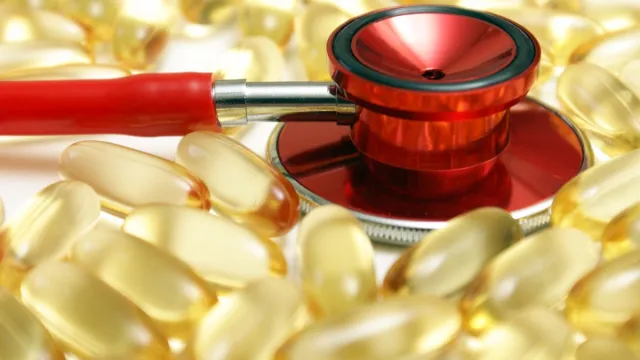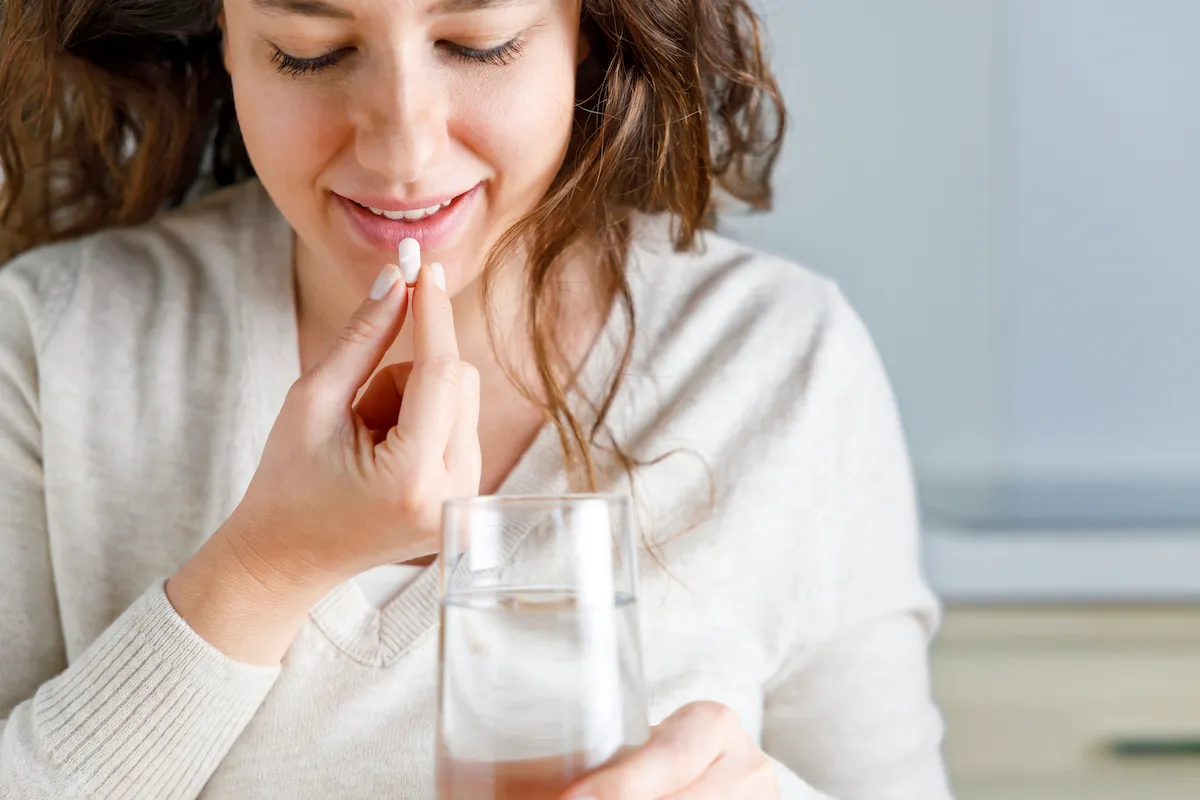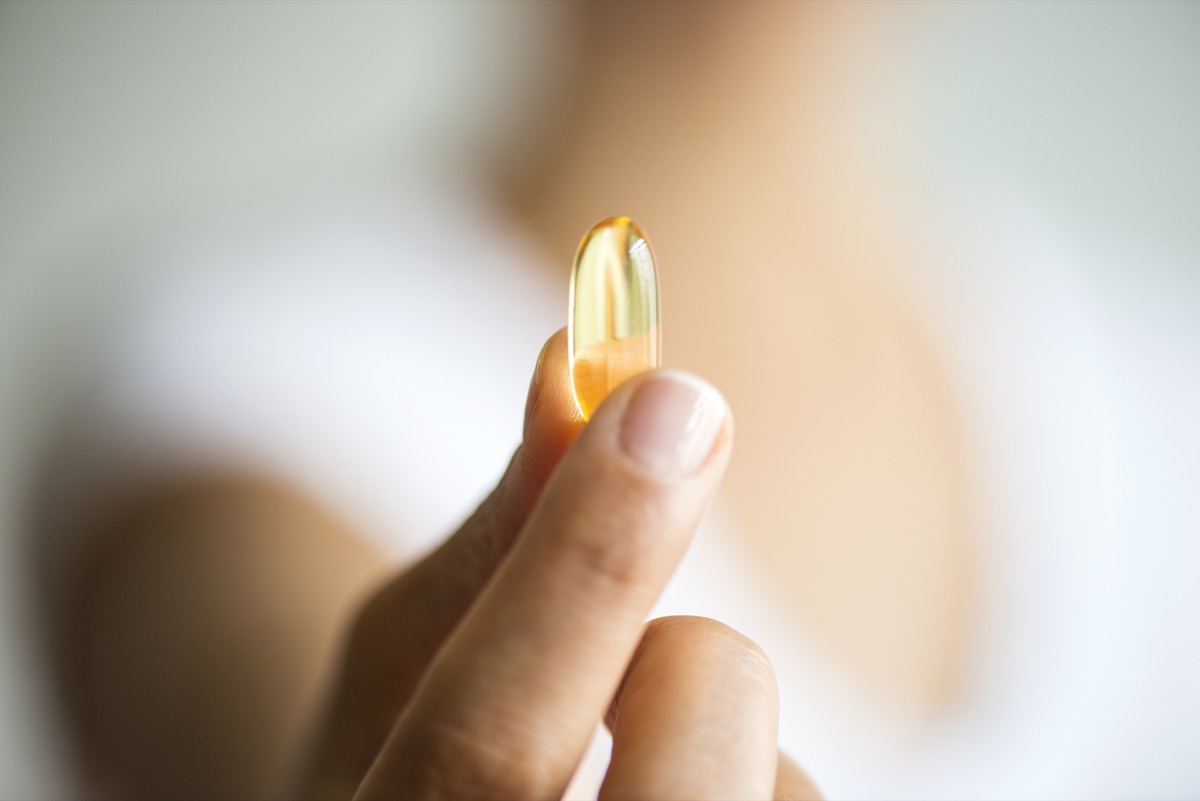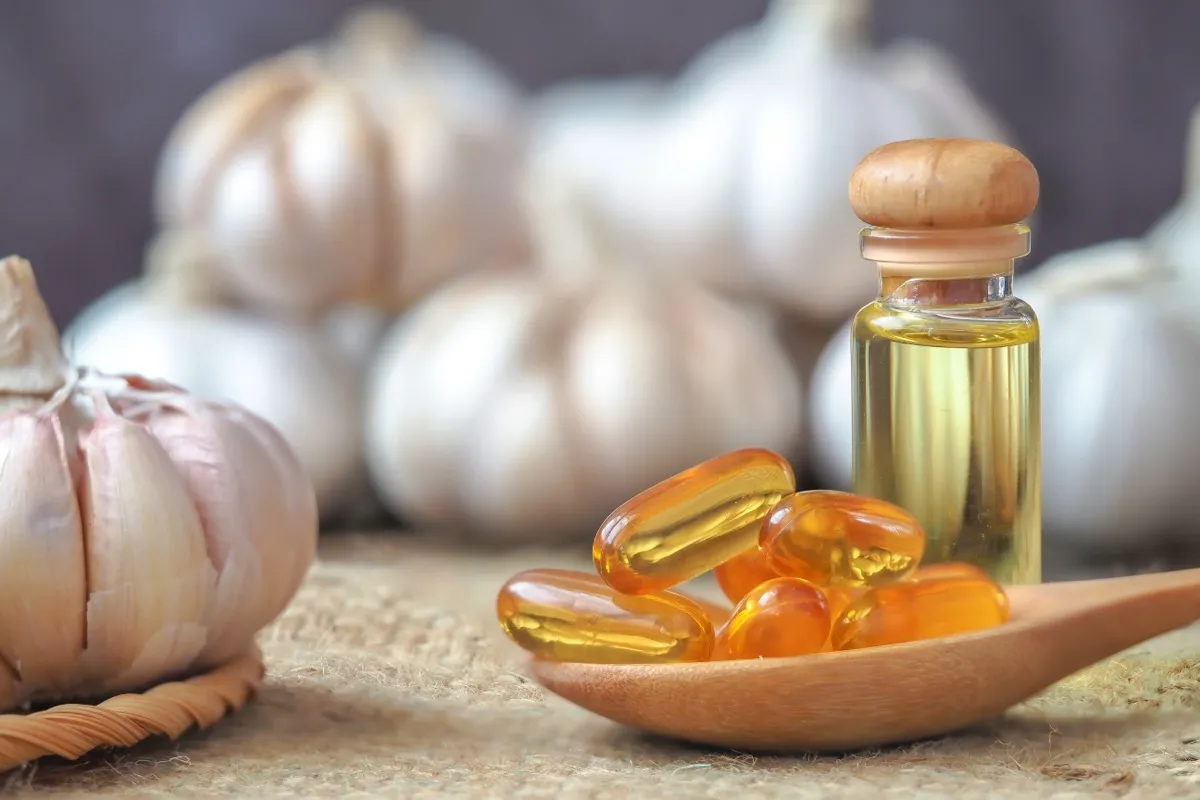The Best and Worst Supplements for Heart Health, Doctors Say

Many of the best things you can do to protect your heart health are important for your general health, too. Eating a healthy diet, staying physically active, not smoking, curbing your drinking, and managing stress are all key to preventing cardiovascular disease (CVD), as well as a range of other ailments. In addition to these strategies, some people also seek out supplements to lower their odds of a cardiovascular event. However, many cardiologists remain skeptical of these supplements, and say they’d prefer their patients not experiment with unproven pills and powders.
Laura Fornos Verde, MD, MS, FACC, a board-certified cardiologist at Conviva Care Centers, says that the research has largely shown that heart health supplements aren’t worth the investment. “Many studies have evaluated the effects of multiple supplements in cardiovascular health and thus far have failed to prevent or treat cardiovascular disease,” she tells Best Life.
In fact, some supplements that are billed as beneficial to heart health can do more harm than good. Wondering which few supplements may help, and which others may do harm? Read on for the best and worst supplements for heart health, according to medical experts.
RELATED: 12 Supplements You Should Never Take Together, Medical Experts Say.
Best: Coenzyme Q10

Coenzyme Q10, also known as CoQ10, is a powerful antioxidant that’s naturally produced by your body. Though Verde says it does not lower your risk of heart disease, she notes that some studies suggest it might reduce the symptoms of muscle pain or weakness that can be associated with the use of statins, a cholesterol-lowering medication.
“In my practice, that is the only supplement I recommend and have had success with, in patients that are intolerant to statins, although not consistently, as the studies show,” she says.
However, Michelle Routhenstein, MS, RD, CDN, a cardiovascular dietitian at Entirely Nourished, points out that it’s important to talk to your doctor before taking CoQ10, especially if you’ve been prescribed any medications for heart health.
“Individuals taking anticoagulant medications like Coumadin should consult their healthcare team, including a cardiovascular dietitian, to evaluate the potential risks and benefits of CoQ10 supplementation due to its possible interaction with anticoagulants,” she tells Best Life.
RELATED: New Study Warns Vitamin B3 Supplements Could Spike Heart Disease Risk.
Best: Omega-3s

Omega-3 fatty acids are one of the few supplements that appear to have heart health benefits substantiated by science. For the past two decades, the American Heart Association (AHA) has recommended them to reduce cardiovascular events, including heart attack and stroke, in patients at high risk for CVD.
It’s best to get these nutrients from food—two weekly portions of Omega-3-rich fish should do the trick. However, Alyson Kelley-Hedgepeth, MD, a cardiologist and co-director of the Women’s Program at Lown Cardiovascular Group, writes for Harvard Health Publishing that supplements may also be beneficial.
“Over the past year I have prescribed an Omega-3, sold under the brand name Vascepa, to my patients who are at high risk for CVD, based on evidence of cardiovascular benefits. Vascepa contains purified EPA, and its use is based on good clinical data from the REDUCE-IT trial,” Kelley-Hedgepeth says. “Vascepa reduced blood triglyceride levels, but more importantly, it reduced the number of heart attacks and strokes, the need for a heart stenting procedure to open clogged arteries, and death.”
RELATED: 8 Ways Women Can Slash Their Heart Disease Risk, FDA Says in New Update.
Worst: Red Yeast Rice

Red yeast rice is sometimes touted for its heart health benefits. “Research shows that red yeast rice containing considerable amounts of monacolin K can lower your total blood cholesterol level, your low-density lipoprotein (LDL, or “bad”) cholesterol level and your triglyceride level,” the Mayo Clinic explains.
However, experts urge caution, saying that if you’re unaware of how much monacolin K is in your supplement, you could cause an interaction with your other medications.
“Some products have little to none of the active ingredient, and others have the same amount as a low prescription dose. That may be fine if you’re not taking a statin, but if you are, you could be getting too much of the medication; that can cause muscle pain or even a life-threatening muscle breakdown that can damage other body systems,” Pieter Cohen, MD an associate professor of medicine at Harvard Medical School who studies dietary supplements, writes for Harvard Health Publishing.
RELATED: New Study Uncovers a Supplement That Can Lower Blood Pressure.
Worst: Garlic supplements

Garlic supplements are sometimes promoted as a means of lowering cholesterol and blood pressure. However, there’s little research to suggest that these pills are beneficial.
Additionally, garlic supplements can come with certain cardiovascular risks. “Garlic supplements can increase the levels and effects of some medications for heart health, such as blood thinners (causing bleeding), cholesterol-lowering drugs (causing muscle damage), and blood pressure drugs (causing dangerous drops in blood pressure),” writes Harvard Health Publishing.
“A low sodium diet is the only recommendation formally made to help lower blood pressure, in addition to medications,” Verde adds.
Best Life offers the most up-to-date information from top experts, new research, and health agencies, but our content is not meant to be a substitute for professional guidance. When it comes to the medication you’re taking or any other health questions you have, always consult your healthcare provider directly.